AI Sees What Doctors Miss
Early Disease Detection with AI
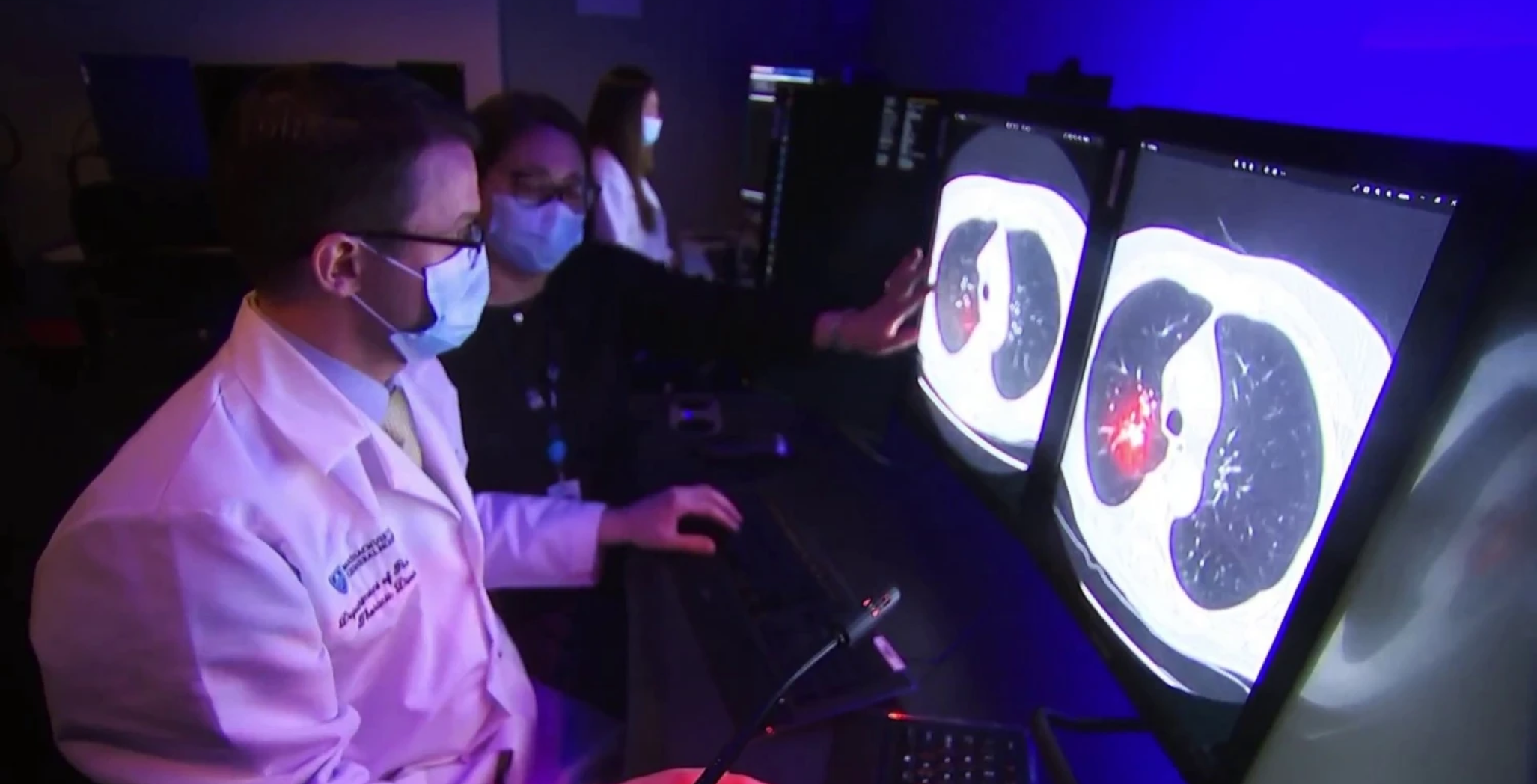
The world of medicine is constantly evolving, and one of the most exciting advancements is the integration of Artificial Intelligence (AI) into early disease detection. AI has the potential to revolutionize healthcare by providing doctors with powerful tools to identify diseases before they become serious.
How Does AI Work in Early Disease Detection?
AI algorithms are trained on massive amounts of medical data, including images, genetic information, and patient records. This allows them to identify subtle patterns and anomalies that might be missed by the human eye.
Here are some of the ways AI is being used in early disease detection:
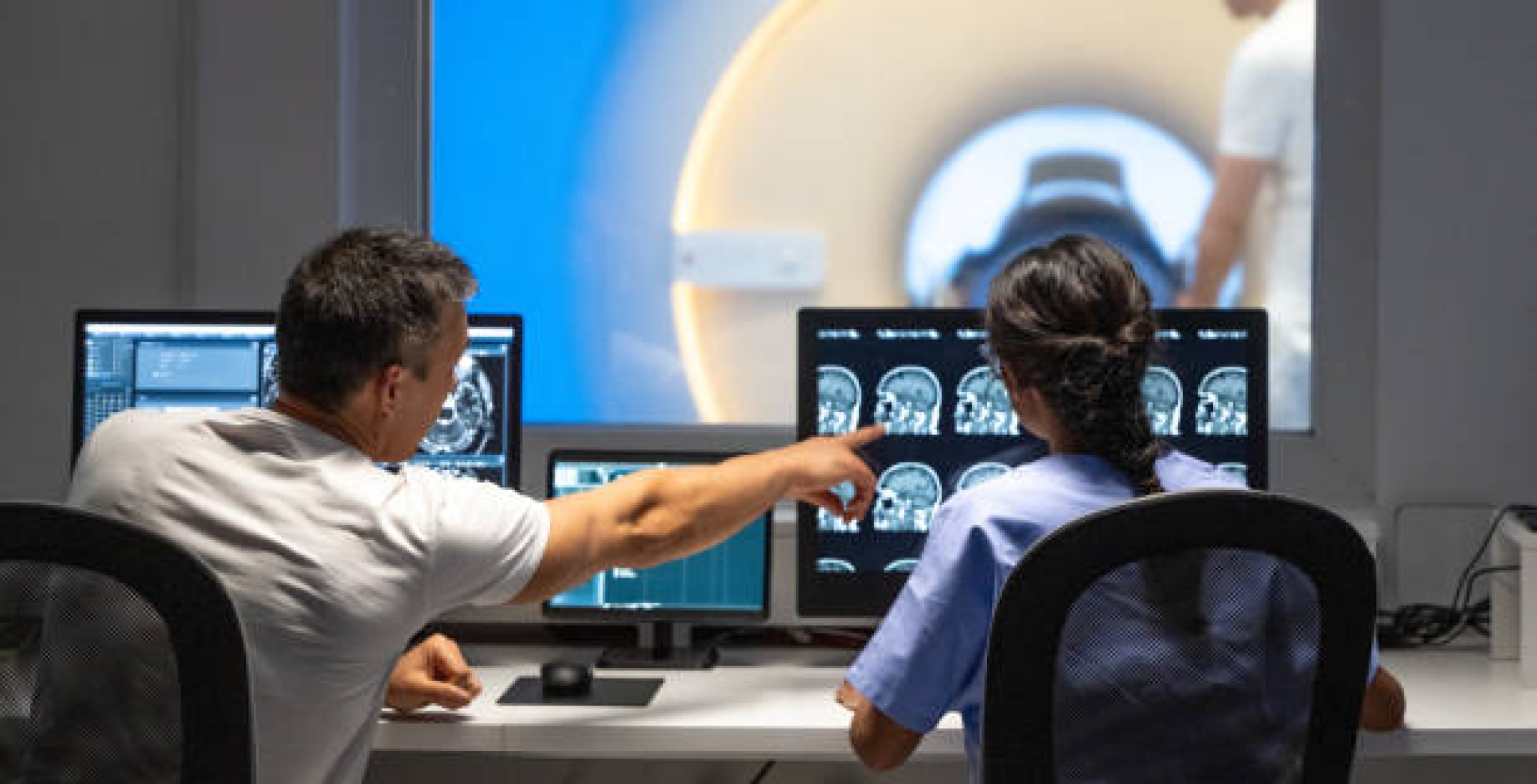
Analyzing Medical Images
AI's Powerful Vision for Early Disease Detection
One of the most exciting applications of AI in healthcare is its ability to analyze medical images with incredible accuracy. This goes beyond simply identifying abnormalities; AI can detect subtle patterns and nuances that might be missed by the human eye, leading to earlier and more precise diagnoses.
Here's a deeper dive into how AI excels in medical image analysis:
1. Identifying Early Signs of Disease:
Cancer Detection
AI algorithms trained on vast datasets of mammograms can detect early-stage breast cancer with remarkable accuracy, even surpassing human radiologists in some studies. This allows for early intervention and improved treatment outcomes.
Lung Disease
AI can analyze chest X-rays and CT scans to identify early signs of lung diseases like pneumonia and tuberculosis, leading to better management and reduced complications.
Neurological Disorders
AI can analyze brain scans (MRIs) to detect subtle changes associated with neurological disorders like Alzheimer’s disease and Parkinson’s disease, enabling earlier intervention and potentially delaying disease progression.
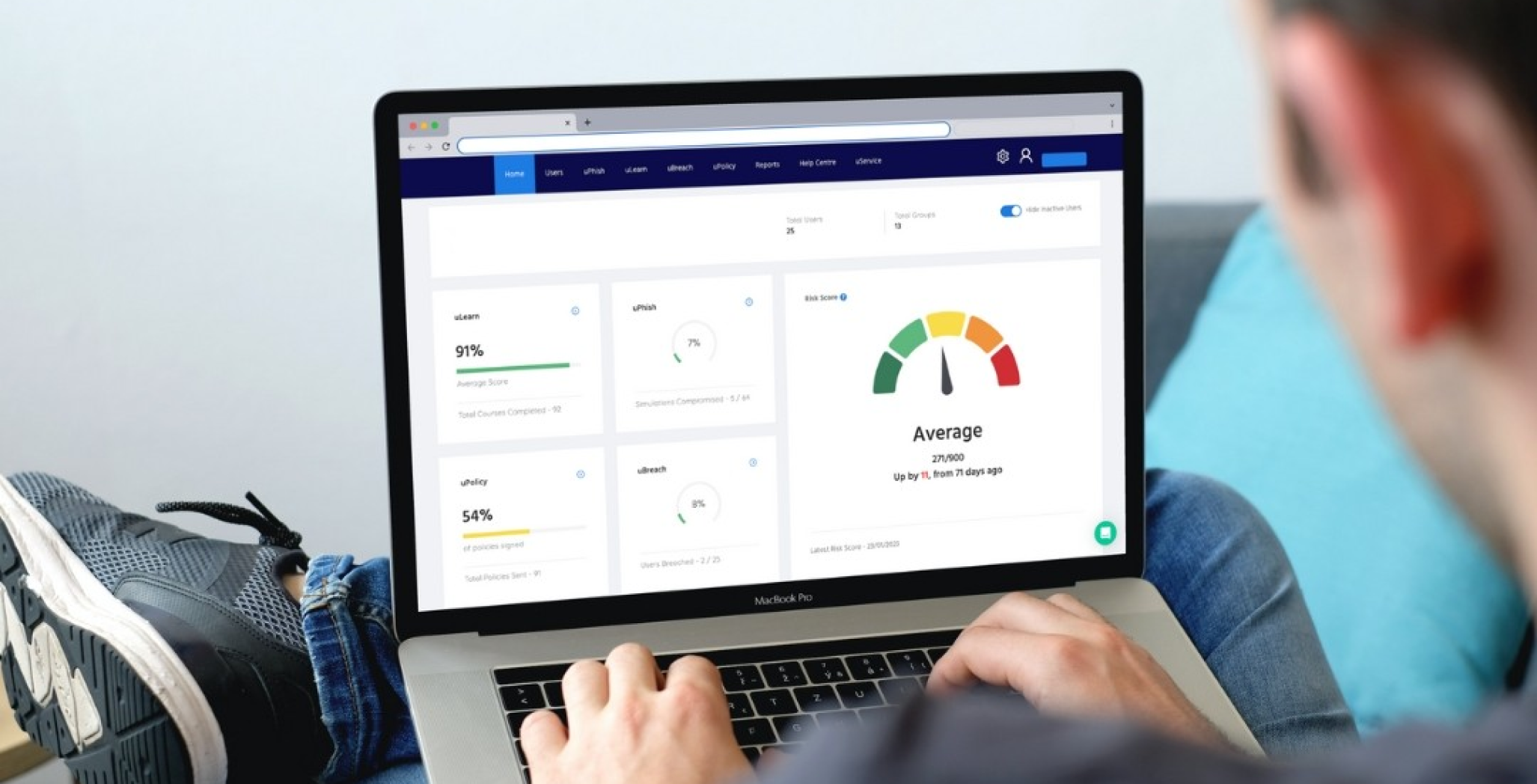
2. Automating Workflows and Improving Efficiency
Reducing Radiologist Workload
AI can automate routine tasks like identifying suspicious lesions or classifying image types, freeing up radiologists’ time for more complex cases and patient consultations.
Standardizing Image Interpretation
AI algorithms can provide consistent and objective interpretations of medical images, reducing inter-observer variability and improving diagnostic accuracy.
Faster Diagnosis and Treatment
AI can analyze images quickly and efficiently, leading to faster diagnosis and treatment plans, improving patient outcomes.

Advanced Capabilities and Future Potential
Predictive Analysis
AI can analyze medical images alongside other patient data to predict the risk of developing certain diseases, allowing for preventive measures and personalized medicine approaches.
Personalized Treatment Plans
AI can analyze tumor characteristics in cancer patients to predict their response to specific therapies, leading to more targeted and effective treatment plans.
Continuous Learning and Improvement
AI models can continuously learn and improve their accuracy over time as they are exposed to more data, leading to even more sophisticated and reliable analysis capabilities in the future.
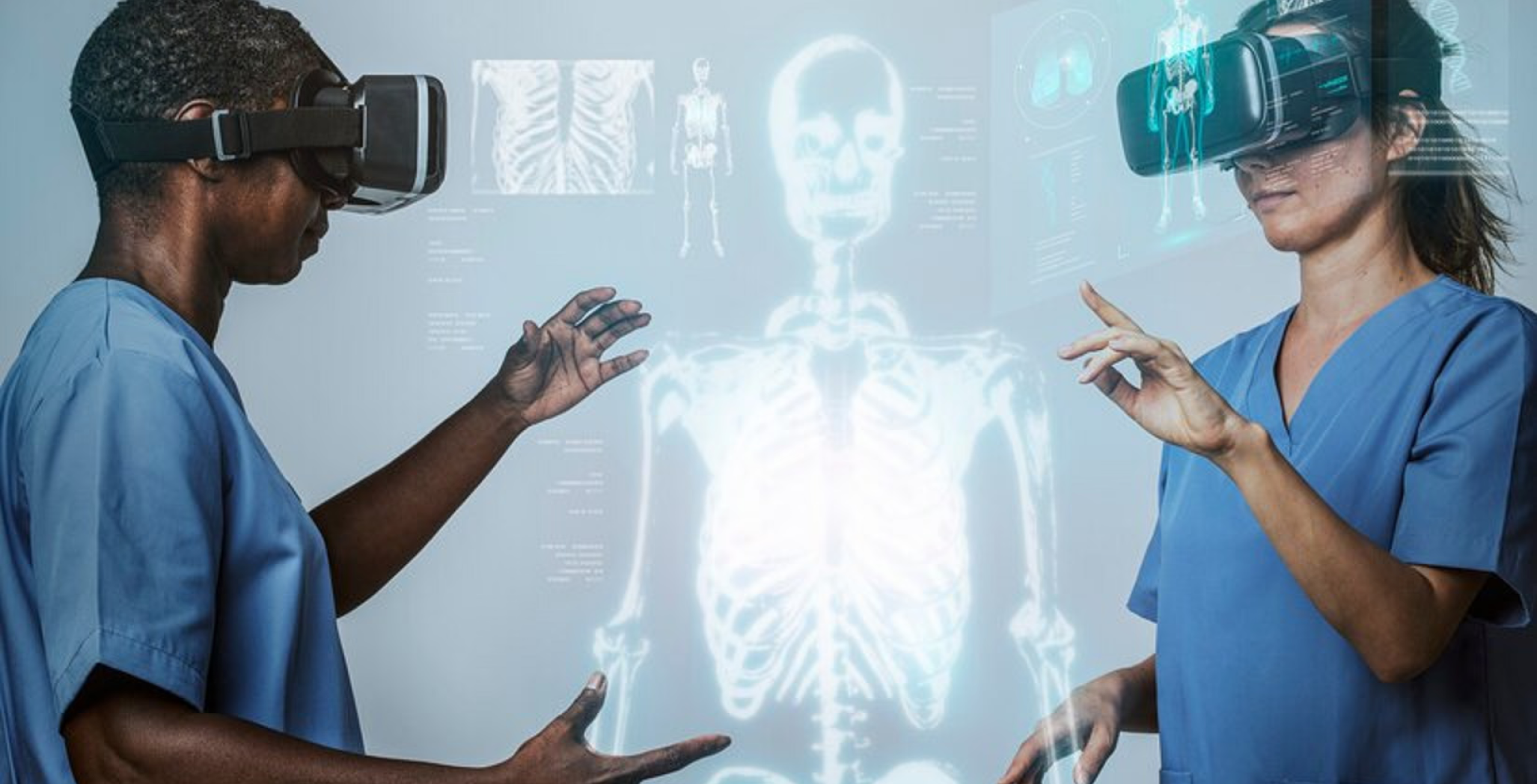
Identifying Genetic Mutations
The human genome holds a wealth of information about our individual susceptibility to various diseases. Analyzing this genetic data is crucial for early disease detection and preventive measures. AI is revolutionizing this field by offering powerful tools to identify individuals at risk with remarkable accuracy.
Here's a deeper dive into how AI is transforming genetic analysis for early disease detection:
1. Identifying Disease-Causing Mutations:
Cancer Risk Assessment
AI can analyze genetic variations associated with specific cancer types, allowing for early identification of individuals at high risk. This enables proactive screening and early intervention, potentially saving lives.
Rare Disease Diagnosis
AI can analyze complex genetic data to identify rare genetic disorders, often with faster and more accurate results than traditional methods. This allows for early diagnosis and access to specialized care, improving patient outcomes.
Predicting Disease Onset
AI can analyze genetic data alongside other factors like family history and lifestyle to predict the potential onset of certain diseases. This information empowers individuals to make informed lifestyle choices and work with healthcare professionals to implement preventive measures.
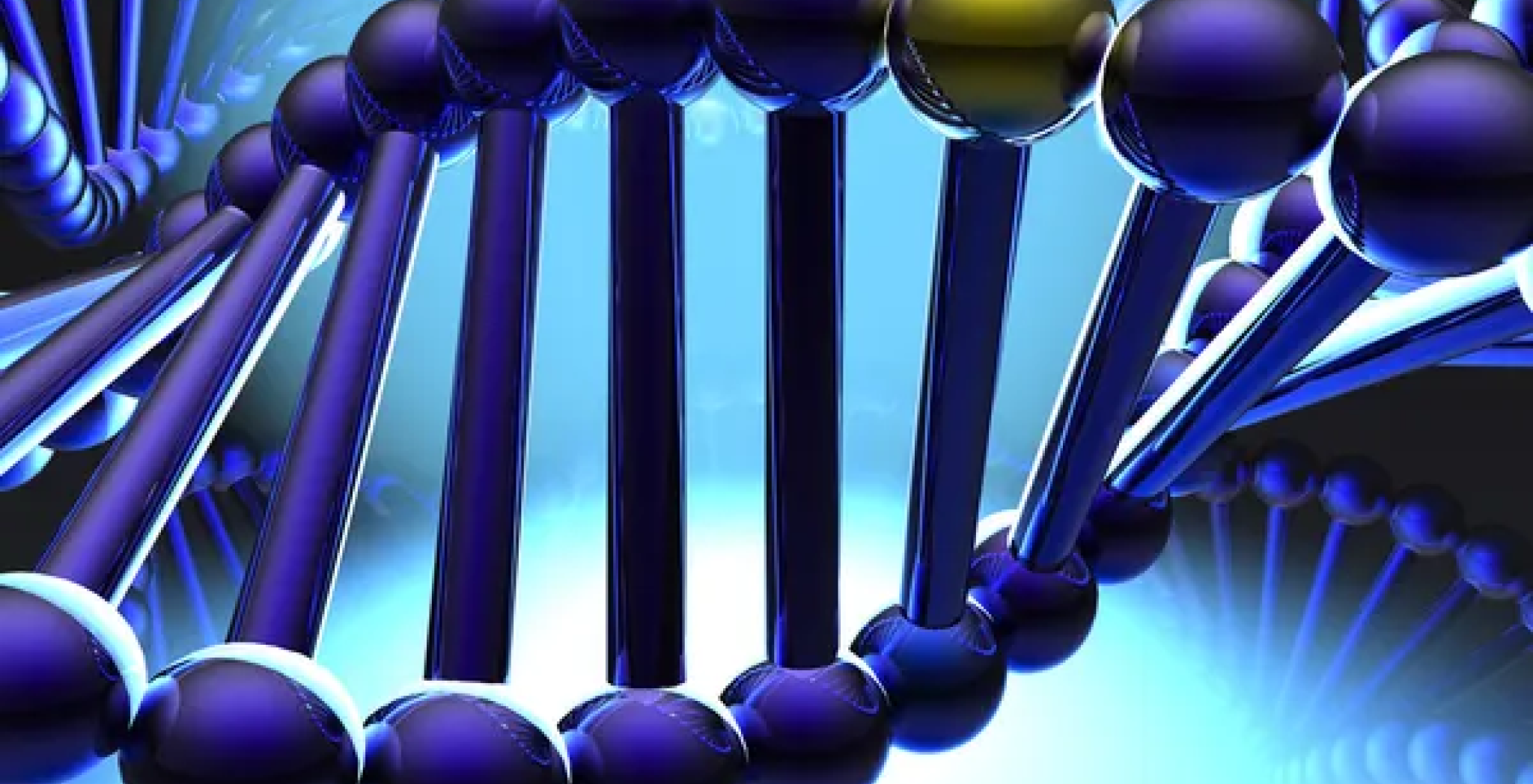
2. Beyond Single Gene Analysis:
Complex Disease Risk
AI can analyze the interplay of multiple genes and genetic variants, providing a more comprehensive understanding of an individual’s overall disease risk profile. This goes beyond single gene analysis and offers a more holistic picture of potential health concerns.
Personalized Medicine
By understanding an individual’s genetic makeup, AI can help tailor treatment plans and preventative strategies. This personalized approach leads to more effective interventions and improved patient outcomes.
Drug Response Prediction
AI can analyze genetic data to predict an individual’s response to specific medications. This information helps healthcare professionals choose the most effective treatments and reduce the risk of adverse reactions.
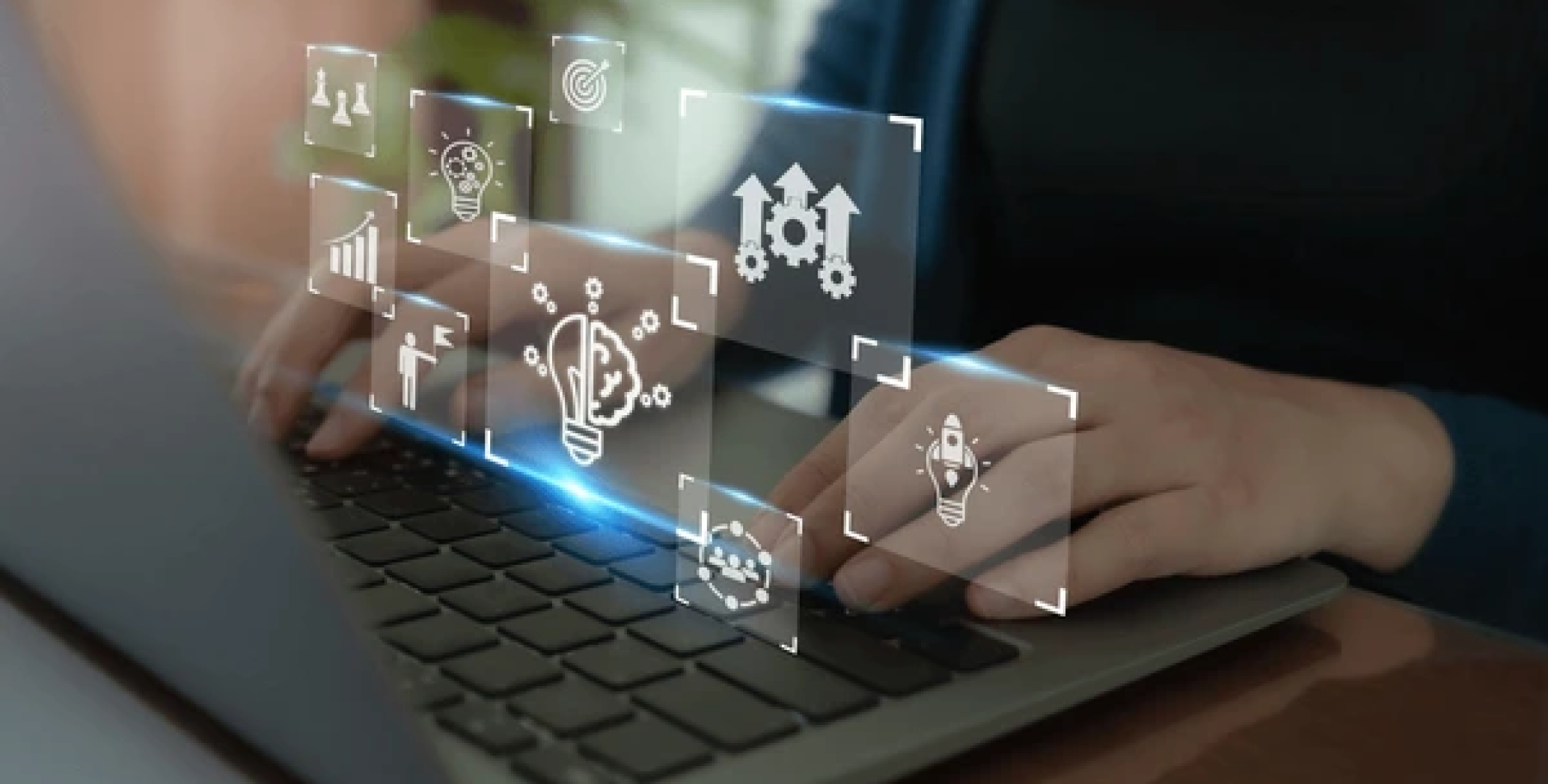
3. Continuous Learning and Improvement
Evolving Algorithms
AI algorithms are constantly learning and improving as they are exposed to more genetic data and research findings. This leads to increasingly accurate and sophisticated models for disease risk prediction and early detection.
Integration with Other Data
AI can be combined with other data sources like medical history and environmental factors to provide a more comprehensive understanding of an individual’s health. This holistic approach allows for even more precise risk assessments and preventive strategies.
Unlocking New Discoveries
AI can analyze vast amounts of genetic data to identify previously unknown associations between genetic variations and disease development. This opens doors for further research and the development of new diagnostic and therapeutic approaches.

Empowering Proactive Health
AI’s ability to analyze vast amounts of data opens a new frontier in healthcare – predicting an individual’s risk of developing certain diseases. This information empowers individuals to make informed decisions about their health and take proactive steps towards prevention.
How Does AI Predict Disease Risk?
AI algorithms are trained on massive datasets of medical records, genetic information, lifestyle factors, and environmental data. By analyzing these complex relationships, AI can identify patterns and associations that might be missed by traditional methods. This allows for:
Identifying Risk Factors
AI can analyze factors like family history, age, gender, ethnicity, and lifestyle choices to assess an individual’s overall risk profile for various diseases.
Predicting Disease Onset
AI can analyze trends in medical history and health data to predict the potential onset of specific diseases, allowing for early intervention and preventative measures.
Personalized Risk Assessment
By taking into account individual factors and circumstances, AI can provide a more personalized and accurate assessment of disease risk compared to traditional, one-size-fits-all approaches.
Benefits of AI-Driven Risk Prediction:
Early Intervention
Early identification of potential health risks allows individuals to work with healthcare professionals to implement preventive strategies, potentially delaying or even preventing the onset of disease.
Lifestyle Modifications
Knowing their risk profile empowers individuals to make informed choices about their lifestyle habits, such as diet, exercise, and substance use, to reduce their risk.
Targeted Screening and Monitoring
Individuals identified as high-risk can be directed towards more frequent screenings and monitoring, leading to earlier detection and improved treatment outcomes if a disease develops.
Research and Development
AI-powered risk prediction models can contribute to further research and development of new preventive measures, diagnostic tools, and personalized treatment approaches.

Examples of AI-Driven Risk Prediction
Cardiovascular Disease
AI models can analyze factors like blood pressure, cholesterol levels, and family history to predict the risk of heart attack and stroke, allowing for early intervention and lifestyle changes.
Cancer
AI can analyze genetic data, lifestyle factors, and medical history to predict an individual’s risk of developing certain cancers, enabling proactive screening and early detection.
Diabetes
AI models can analyze blood sugar levels, weight, and other factors to predict the risk of developing type 2 diabetes, allowing for lifestyle modifications and preventative strategies.
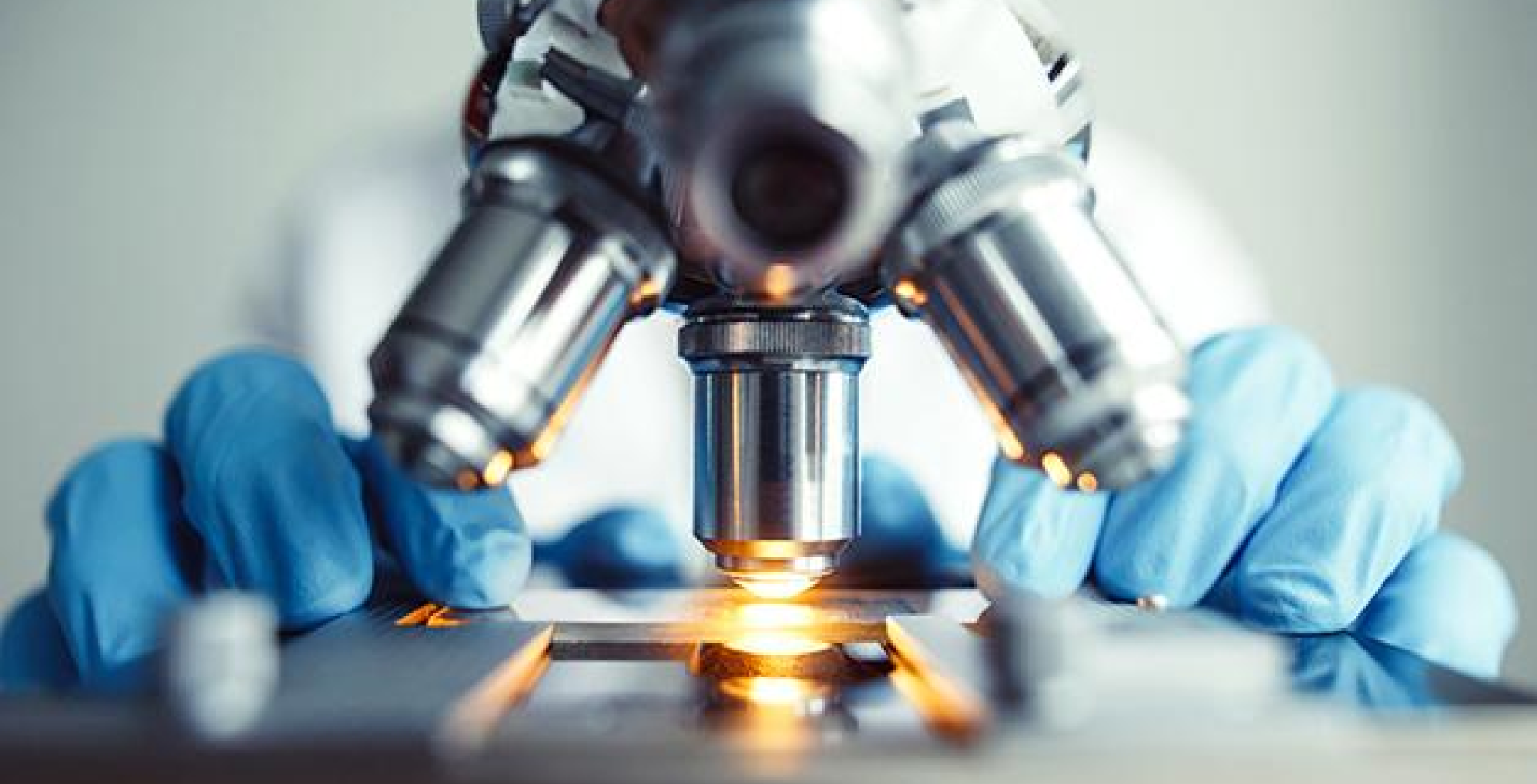
Benefits of Early Disease Detection
Early detection of disease is crucial for successful treatment and improved patient outcomes. Here are some of the benefits:
Improved Treatment Outcomes
Early detection allows for early intervention, which can significantly improve the chances of successful treatment.
Reduced Healthcare Costs
Early diagnosis can help prevent the need for expensive and invasive procedures later on.
Improved Quality of Life
Early detection can help individuals manage their health and maintain a better quality of life.
The Future of AI in Healthcare
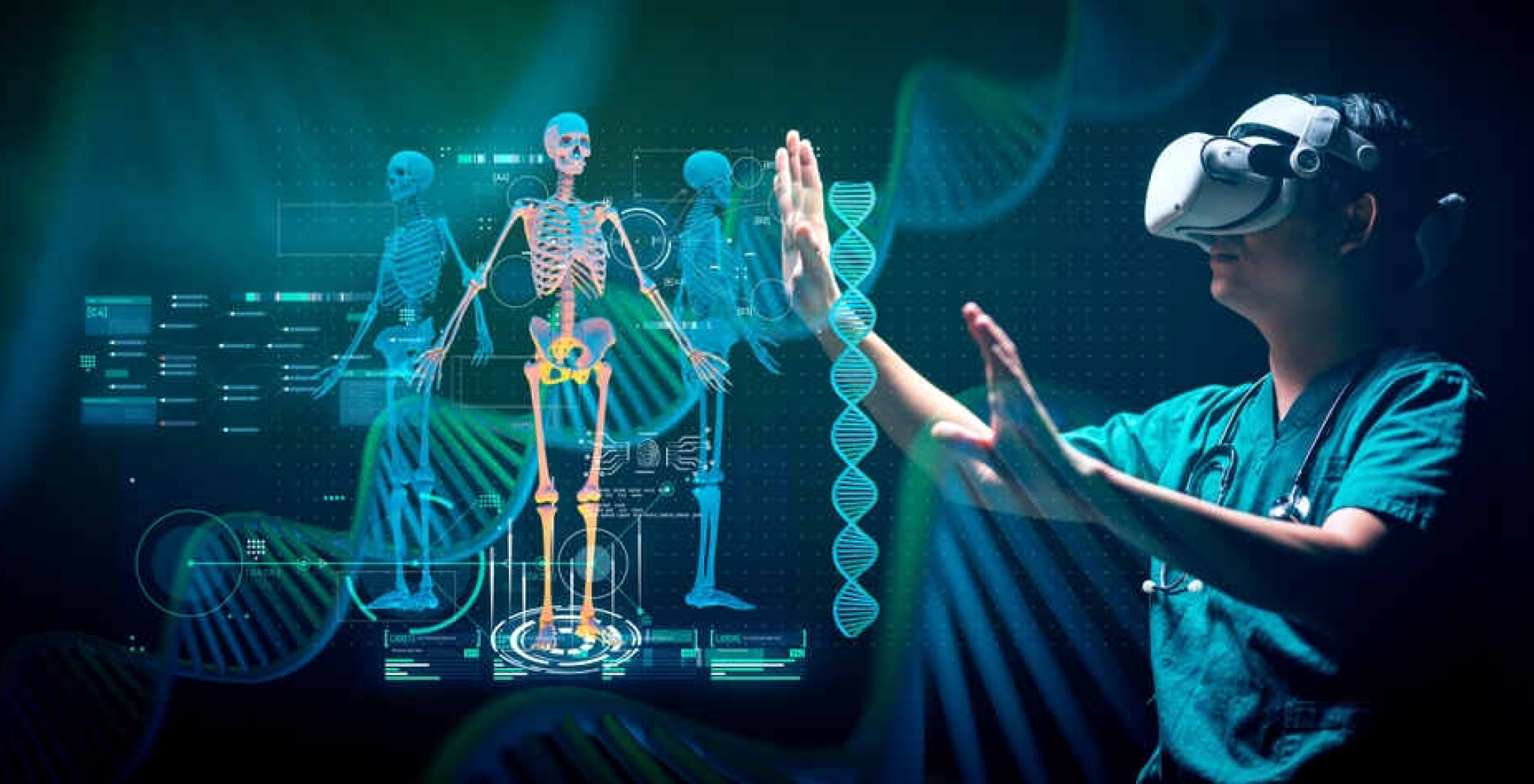
The field of AI in healthcare is rapidly evolving, and the potential for early disease detection is immense. As AI technology continues to develop, we can expect even more sophisticated tools and techniques to emerge, further revolutionizing the way we diagnose and treat diseases.
What does this mean for you?
AI is not here to replace doctors, but rather to augment their capabilities. With AI as a powerful tool, doctors can make more informed decisions, leading to better patient care and improved health outcomes for everyone.
How Does AI Predict Disease Risk?
AI algorithms are trained on massive datasets of medical records, genetic information, lifestyle factors, and environmental data. By analyzing these complex relationships, AI can identify patterns and associations that might be missed by traditional methods. This allows for:
Hiteshi Infotech
Your Partner in AI-Powered Healthcare Solutions
At Hiteshi Infotech, we understand the transformative power of AI in healthcare. We offer a comprehensive suite of AI-powered solutions designed to help healthcare providers improve early disease detection and deliver better patient care.
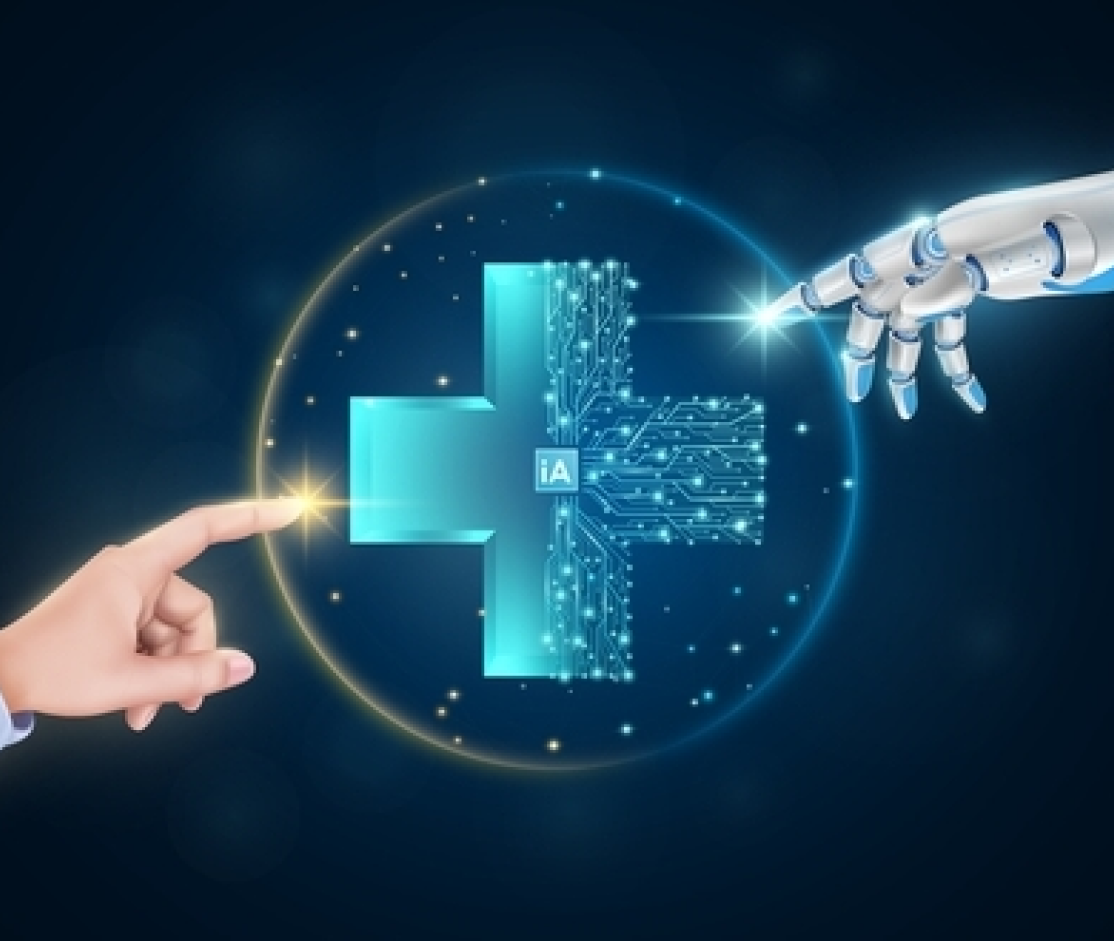
- Develop and implement custom AI models for early disease detection.
- Integrate AI into your existing healthcare infrastructure.
- Analyze and interpret AI-generated data to gain valuable insights.
Contact Hiteshi Infotech today to learn more about how we can help you leverage the power of AI to revolutionize your healthcare practice.
